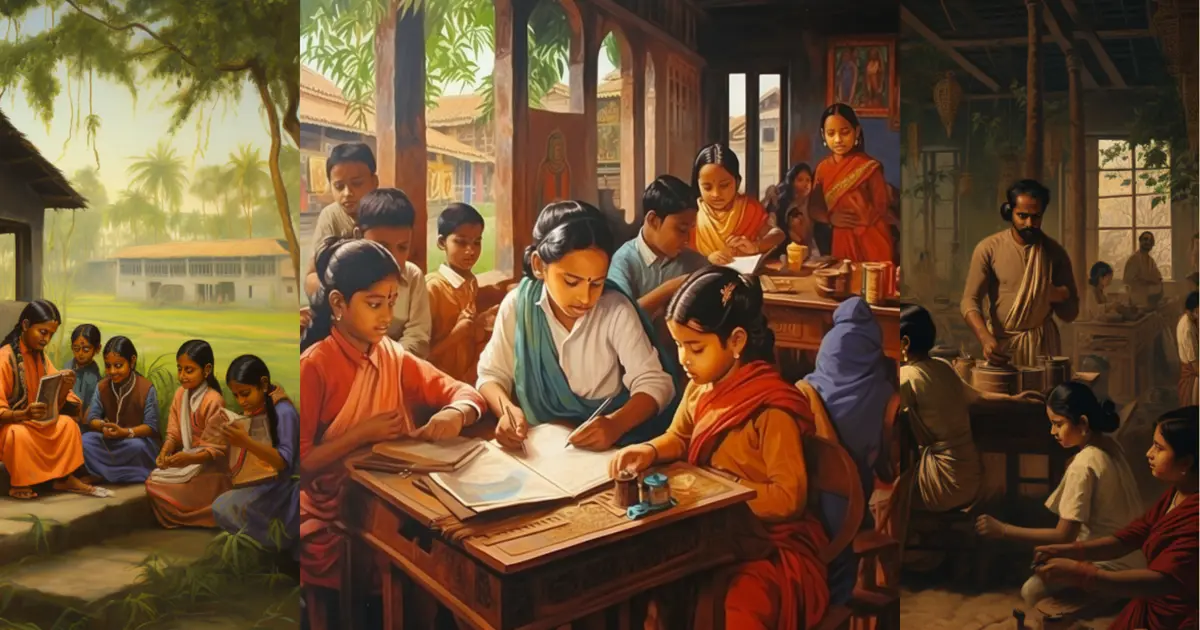In the era of globalization, fluidity and contingency have become inherent features of identities. According to Jenkins, identity is defined relationally—how individuals and community are distinguished in their relations with others— as opposed to being a final or settled matter. Bauman asserts that modern identity is likewise flexible and entails self-improvement in the face of constant change. In such liquid situations, the force of cultural homogenization may erode local distinctiveness. Here, an Indian Knowledge System (IKS)-rooted in millennia-old traditions of philosophy, science, and spirituality- oriented identity supplies resilience: by establishing autonomy in India's age-old traditions, it can preserve cultural uniqueness even as identities change.
In contrast to Bauman's belief that liquid modernity leads to never-ending self-construction without a foundation, IKS provides anchoring values through Vedānta, Yoga, Ayurveda, and indigenous ethical traditions. In addition to encouraging self-awareness and interconnectedness, these systems provide strong epistemological challenges to prevalent Western paradigms. Jenkins's theory that identity is relational and context-dependent is consistent with IKS's promotion of balance between the welfare of the individual and the collective at large.
IKS enables India to navigate the global landscape without erasing its pluralistic heritage by warding off the flattening patterns of globalization. It gives India the ability to claim an intellectually independent, decolonized future in which indigenous values accelerate growth and cultural diversity is preserved as a dynamic, living reality instead of being treated as an artifact. Therefore, an IKS-oriented identity focuses on reimagining modernity rather than resisting it—but on its own terms.
Incorporating IKS contributes to preserving cultural identity against globalization and safeguards and promotes the richness of Indian culture. It offers a sustainable spiritual and ethical basis that goes beyond cultural resilience and balances the instability Bauman links to liquid modernity. The system offers timeless principles, in contrast to Bauman's portrayal of identity as an endless quest with changing goals. Indian philosophies such as Vedanta and Gandhian thought emphasize compassion, duty, and interconnectedness look preferable over profit-driven individualism. Jenkins's realization that social relationships shape identity implies that integrating these principles into communal life can help maintain identity in the face of shifting social circumstances. In addition, IKS offers an alternative epistemological basis as well. With its deep philosophical, scientific, and cultural roots, it offers comprehensive viewpoints on contemporary issues. For instance, biomedical science can benefit from the integrative approach of Ayurveda towards health.
By developing its own scientific and ethical understanding with indigenous knowledge, India can forge its own path for development, informed by both its customs and traditional wisdom. In conclusion, Jenkins and Bauman's ideas about fluidity and the consistency of traditional wisdom incorporated as an IKS-informed identity ensures a forward-thinking, future-ready but deeply ingrained Indian identity.





